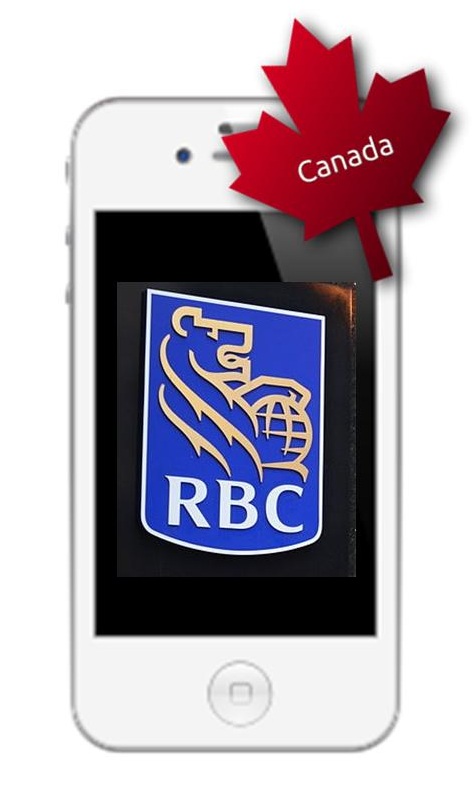 eBay has high hopes for mobile commerce
eBay has high hopes for mobile commerce
Online retail giant eBay believes that mobile is leading a revolution in the commerce sector. According to eBay, this revolution will change the way consumers purchase and search for products around the world. This week, the retailer has unveiled a new three-year growth strategy that has a heavy emphasis on mobile commerce. eBay expects mobile commerce to play a major role in its future business and is working to ensure that it is as accommodating to mobile consumers as it can possibly be.
eBay and PayPal experience heavy activity in the mobile space
eBay has already experiences strong performance in the mobile commerce sector through itself and its subsidiary PayPal. Where eBay is concerned, more consumers are opting to use their smartphones or tablets to shop for products. These consumers are also more apt to purchase products from their mobile device rather than from a PC. PayPal has been reporting a growing number of transactions being made from mobile devices, whether they involve purchasing products or transferring money from one account to another. This activity has built up eBay’s confidence in the mobile commerce sector.
Mobile commerce expected to reach $300 billion by 2015
By 2015, eBay expects global mobile commerce to reach the $300 billion mark. The company notes that this will translate into revenue growth of 50% or more by the end of 2015. Mobile commerce will be behind much of the growth that eBay is expecting to see over the next three years and the retailer estimates that it will be able to beat out its competitors in its given industry. Amazon, which is eBay’s only major competitor, has also been showing strong interest in mobile commerce. Whether eBay will be able to overcome Amazon may depend largely on the mobile commerce plans of the latter.
Consumer interest powering mobile commerce growth
eBay suggests that mobile commerce is becoming more important for consumers as they become more comfortable with the concept. As more consumers get their hands on smartphones and tablets, they are becoming increasingly exposed to the prospects of mobile commerce. As such, they are becoming more likely to purchase products and shop with their mobile devices than they have ever been in the past few years.

 Financial institutions becoming more invested in mobile payments
Financial institutions becoming more invested in mobile payments